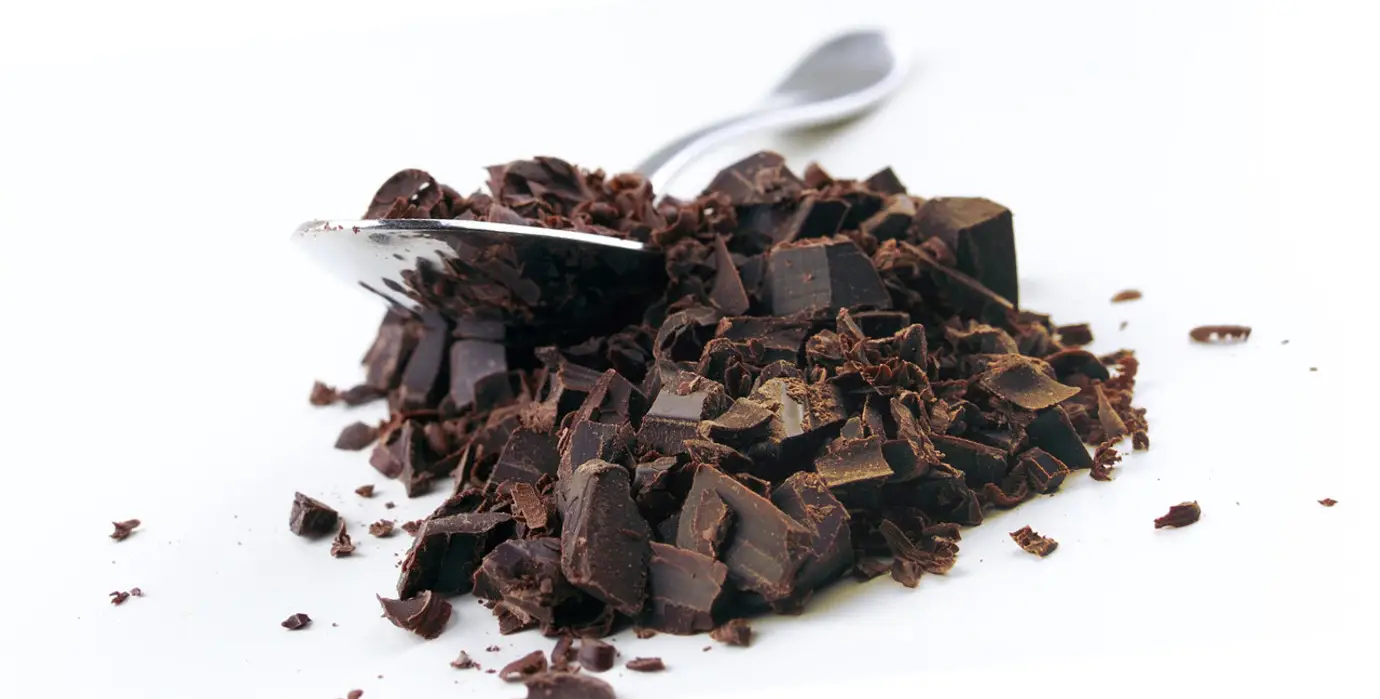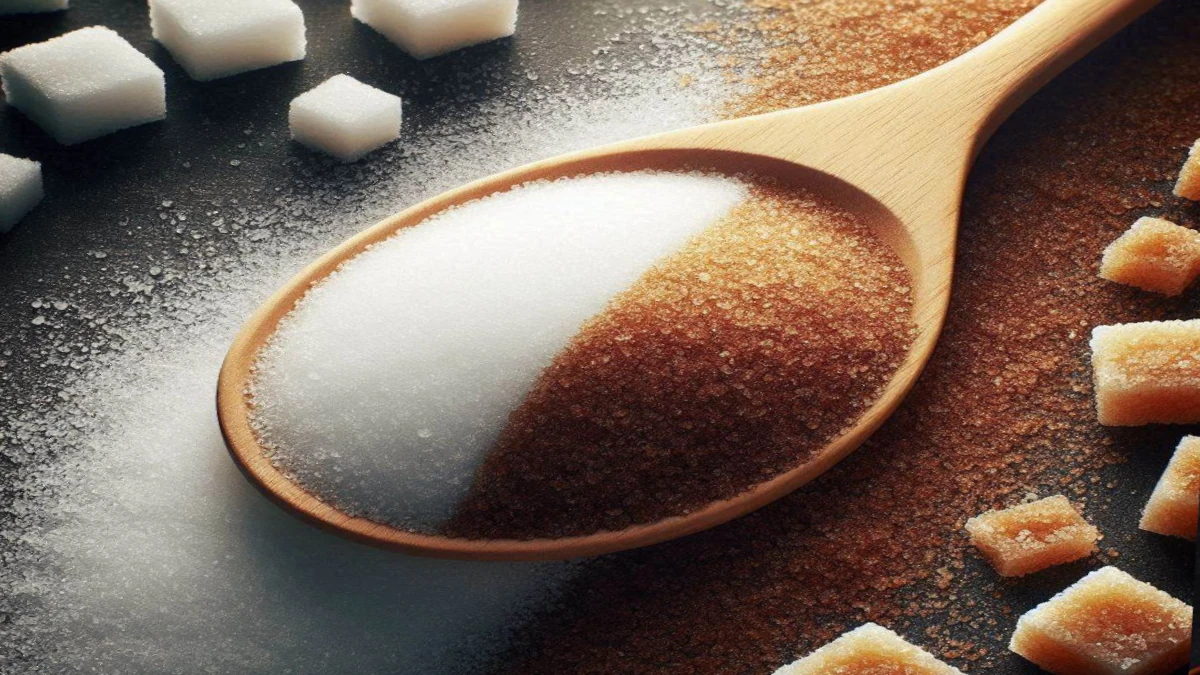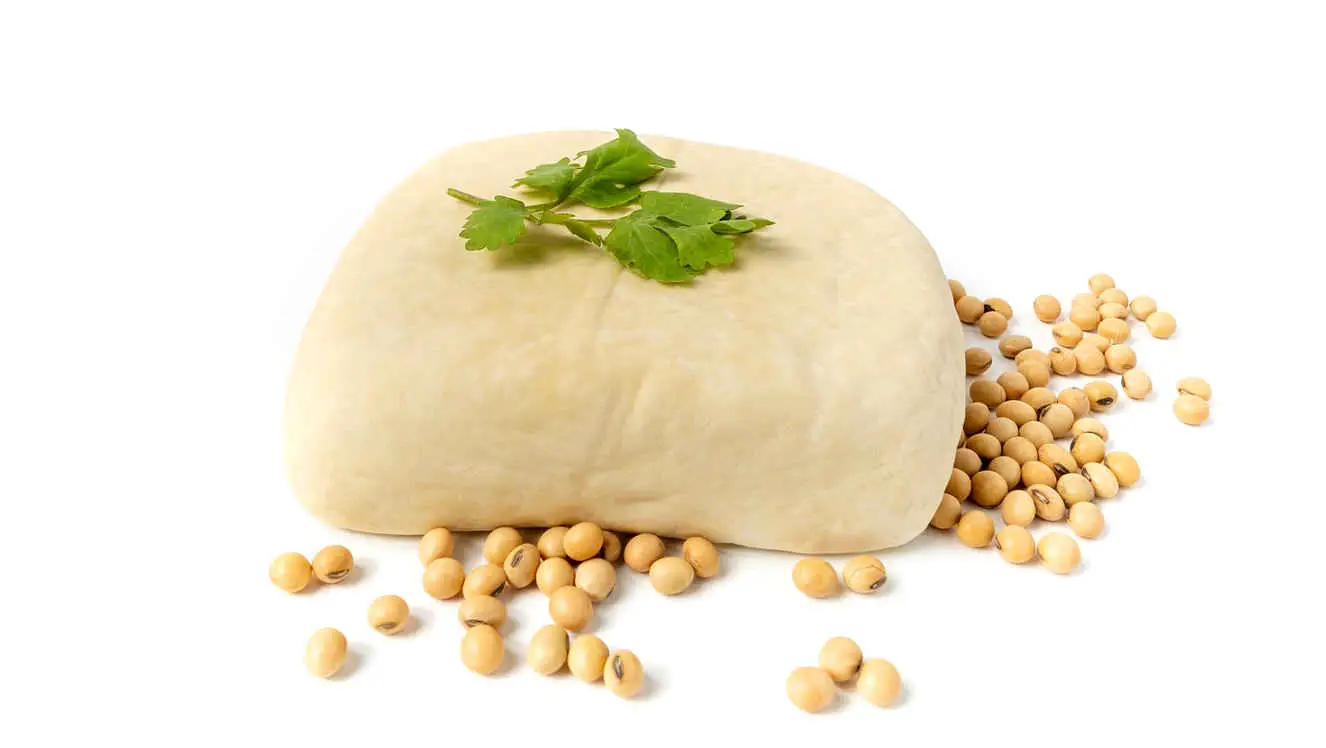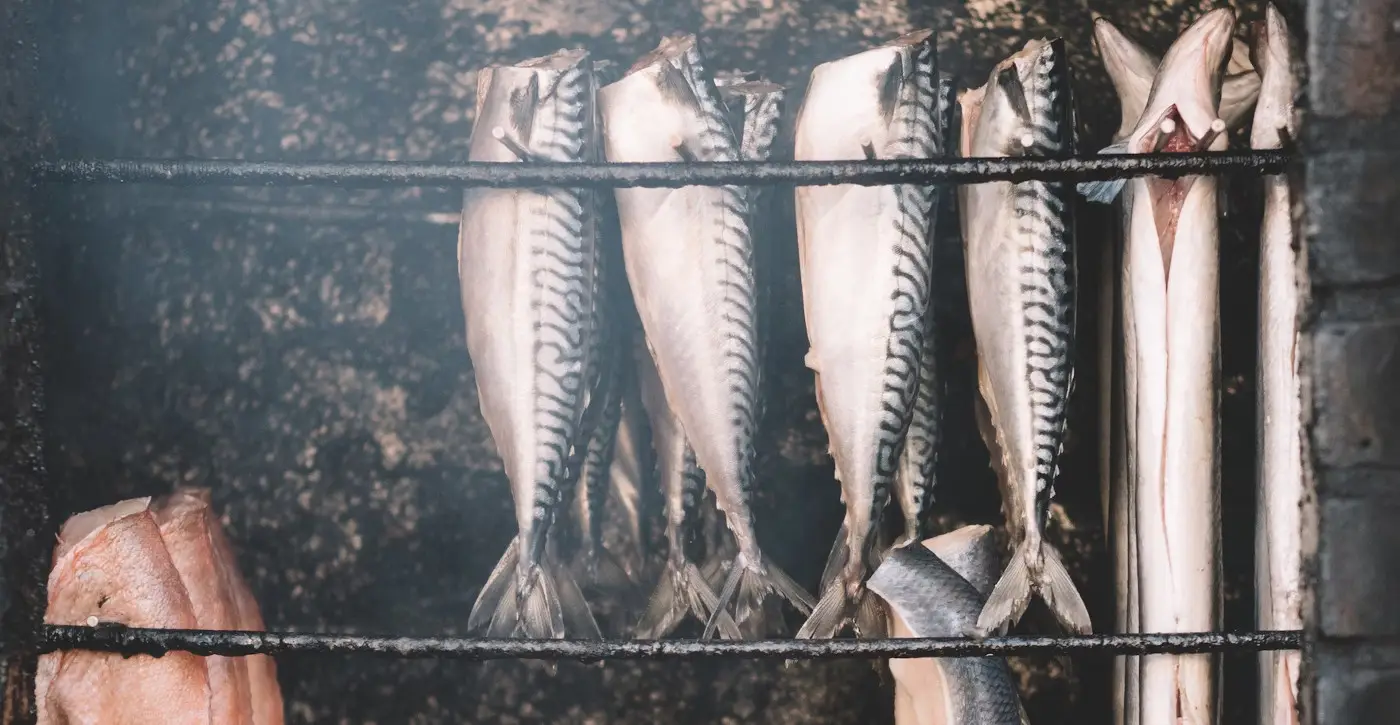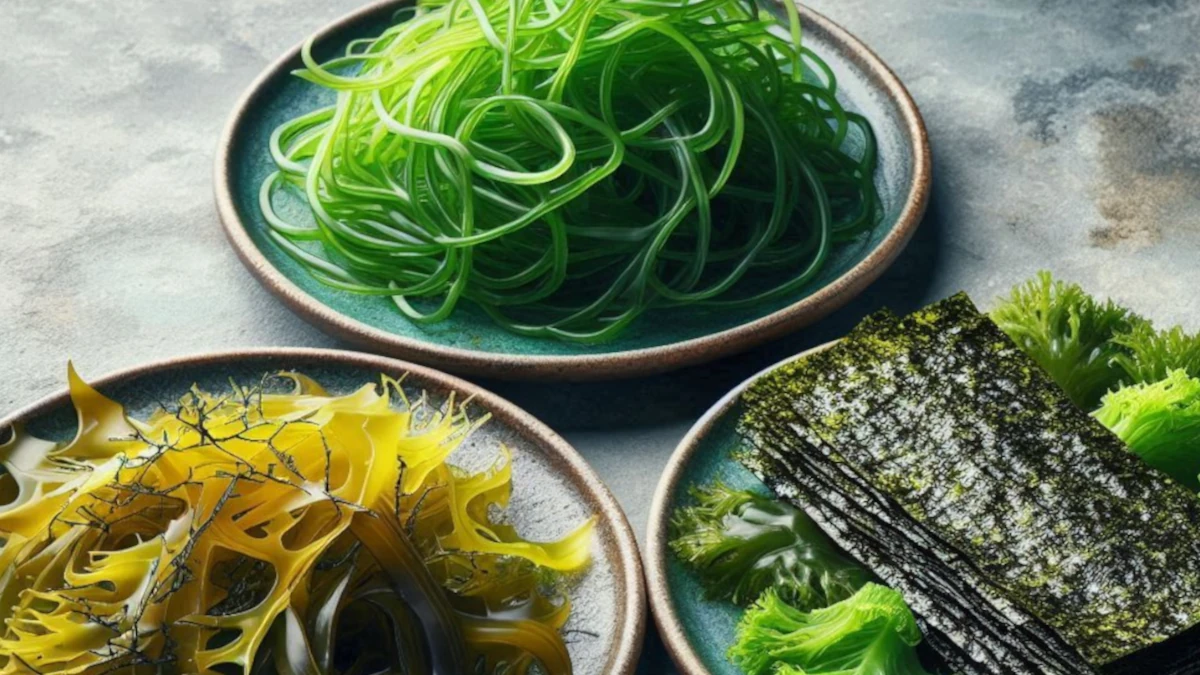Turkey, Dark Meat Lysine and Arginine Info Sheet
Overview
Turkey, dark meat is the meat from the leg and thigh of the turkey.It is more moist and flavorful than light meat, but also higher in calories and fat.
Turkey, dark meat is a good source of protein, iron, zinc, and selenium. It also contains some cholesterol and sodium. It can be roasted, grilled, or fried, and eaten as a main dish or a sandwich ingredient.
| Name | Lysine (mg/100g) | Arginine (mg/100g) | Ratio |
|---|---|---|---|
| Turkey, Dark Meat | 1726.32mg | 1330.26mg | 1.297 |
Turkey, Dark Meat contains 1726.32mg of Lysine and 1330.26mg of Arginine per 100g of product.
This means Turkey, Dark Meat has a high Lysine-Arginine ratio of 1.297.
Because Turkey, Dark Meat contains slightly more lysine than arginine, increasing its consumption may benefit people who suffer from herpes, as it may boost the immune system.
Lysine Considerations
Turkey, dark meat is a high source of lysine, an essential amino acid that is important for protein synthesis, collagen formation, and calcium absorption.
Lysine has the potential to prevent or treat cold sores, which are blisters caused by the HSV-1 virus, also known as herpes.
Lysine operates by inhibitnig the proliferation of HSV-1, which relies on another amino acid, arginine, to reproduce and infect cells.
Lysine can only be acquired through our diet, and is present in multiple high-protein foods such as eggs, dairy, fish, meat and poultry.
Arginine Considerations
Turkey, dark meat is a high source of arginine, a semi-essential amino acid that is involved in nitric oxide production, wound healing, and immune function.
Arginine has a variety of benefits for our wellbeing and performance, such as lowering blood pressure, enhancing wound healing, and increasing exercise endurance.
Arginine can also affect the herpes virus, which causes cold sores and genital herpes.
Studies suggest that arginine may help the virus grow and cause outbreaks, so people with herpes may want to avoid foods that are high in arginine or take lysine supplements to block its effects.
Lysine-Arginine Ratio
Turkey, dark meat has a balanced lysine-arginine ratio, which means it can provide both amino acids in adequate amounts for various physiological processes.
Both lysine and arginine are important for protein synthesis and other bodily functions.
The two compounds can affect the herpes simplex virus, which is responsible for cold sores and genital herpes, in opposite ways.
Lysine can the human body or stop the virus from reproducing, while arginine can help it propagate.
Eating foods with a high lysine-arginine ratio could help lower the appearance and severity of herpes symptoms.
Some foods that have a high lysine-arginine ratio are milk and cheese, fish, poultry, fruits, and vegetables.
These foods can give the body enough lysine to prevent the virus from taking up arginine, and thus stop its growth and spread.
Dietary Considerations
Poultry is a lean meat that is high in protein and lysine.
Poultry can help prevent or relieve the severity of herpes outbreaks, as lysine can stunt the replication of the herpes virus.
Poultry also contains iron, phosphorus, and vitamin B6, which are important for energy production and red blood cell formation.
Chicken and turkey are some of the poultry that have more lysine than arginine, with usually around 30% to 40% more.

For example:
Eating a balanced and nutritious diet that supports your immune system and reduces inflammation.
This means consuming plenty of fruits, vegetables, whole grains, lean protein, and healthy fats, and avoiding processed foods, added sugars, alcohol, and caffeine.
Drinking enough water to keep yourself hydrated and remove toxins from your body.
Water can also help prevent dryness and irritation of the skin and mucous membranes, which can result in fewer outbreaks.
L-lysine supplementscan help you prevent herpes outbreaks and stop a cold sore before it develops by depriving the virus of arginine, which it needs to form a cold sore.
Other food supplements, such as vitamin C, zinc, selenium, and antioxidants, can help you boost your immunity and protect your cells from oxidative stress.
Avoiding foods that can cause allergic reactions or sensitivities, such as gluten, dairy, nuts, eggs, or shellfish.
These foods can trigger inflammation and weaken your immune system, making you more susceptible to outbreaks.
Foods that can boost your immunity and fight inflammation are essential to prevent outbreaks.
Honey, yogurt, aloe vera, and chamomile are some examples of these foods.
They can also soothe your symptoms and help you recover quicker by reducing pain, swelling, and itching.
Check more food information

